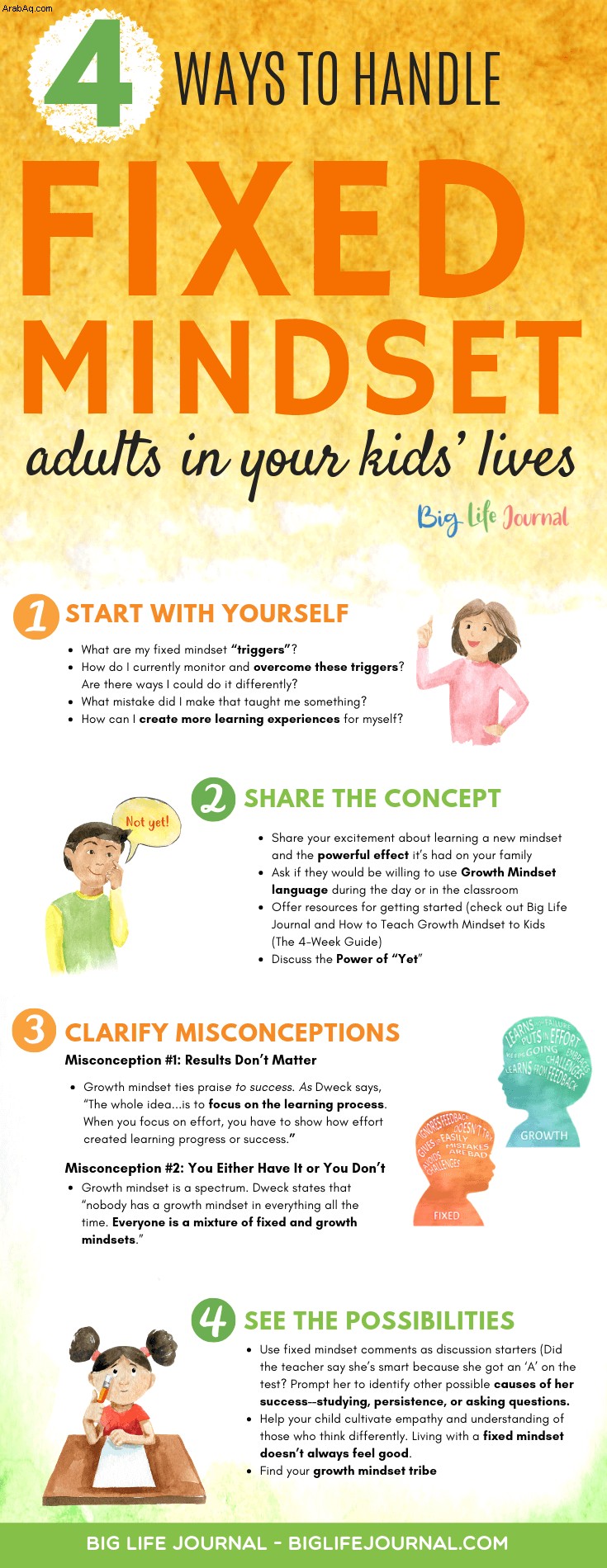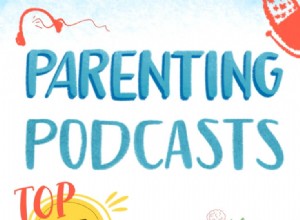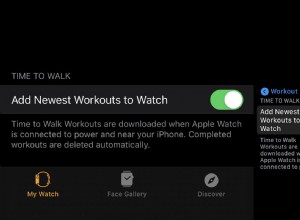نحن نعلم مدى أهمية عقلية النمو للرفاهية ونعمل بجدية لغرس هذا التفكير في أطفالنا. بطبيعة الحال ، نريد من كل من حولهم أن يفعلوا الشيء نفسه!
ماذا عن كل هؤلاء الآخرين الكبار الذين يؤثرون على أطفالنا؟ من لا يؤمن بأن القدرات يمكن أن تتغير وتنمو ، أو من يخشى ارتكاب الأخطاء؟ ماذا عن أولئك الذين ليسوا حتى مدركين لهذه الفكرة الرائدة؟
بينما نزرع عقلية النمو في عائلاتنا ، من المفيد أن ندرك أنه لن يدعمها الجميع (أو يفهمها). لا بأس بذلك .
في الوقت نفسه ، يمكن للشراكة مع كبار البالغين أن تجعل تعاليمنا أكثر تأثيرًا. إليك 4 طرق بسيطة لمعالجة هذا الموقف الذي يحتمل أن يكون صعبًا ، مع تعزيز عقليتك وعقلية نمو أطفالك في نفس الوقت.

1. ابدأ بنفسك
اكتشفت الباحثة الدكتورة كارول دويك نظرية عقلية النمو التي اكتشفتها الباحثة د. بالمعنى الحقيقي جدًا ، هذا المفهوم المذهل جديد بالنسبة لنا جميعًا .
قبل كتاب Dweck الأكثر مبيعًا Mindset:A New Psychology of Success في عام 2006 ، كانت الصفات مثل الذكاء والموهبة والقدرات تعتبر بشكل أساسي غير قابلة للتغيير. وُلِد الأطفال "رياضيين" أو يجيدون الرياضيات ، ولم تكن هناك طريقة لتطوير هذه المهارات. هذه الأفكار الراسخة لا تزال مقبولة من قبل الكثيرين.
حتى بالنسبة لمن هم على دراية بعقلية النمو (ويمارسونها) ، فإنه لا يزال بإمكانه ذلك يكون صراعا في بعض الأحيان. ذلك لأن العقلية الثابتة هي متستر - السيناريوهات التي نواجهها بشكل شائع مثل الخوف من ردود الفعل السلبية من رئيسنا أو اتخاذ موقف دفاعي بشأن أخطائنا تكشف مدى انتشارها.
قبل أن تتمكن من معالجة هؤلاء الآخرين الكبار في حياة طفلك ، فكّر في الأسئلة التالية حول نفسك :
- ما هي "محفزات" عقليتي الثابتة؟ (القضايا أو السيناريوهات التي تثير التفكير العقلي الثابت)
- كيف يمكنني حاليًا مراقبة هذه المشغلات والتغلب عليها؟ هل هناك طرق يمكنني القيام بها بشكل مختلف؟
- ما الخطأ الذي ارتكبته وعلمني شيئًا؟
- كيف يمكنني إنشاء المزيد من الخبرات التعليمية لنفسي؟
التفكير الثابت في التفكير.
2. شارك بالمفهوم
تعتبر مناقشة عقلية النمو مع المعلمين والمدربين وغيرهم من البالغين في حياة طفلك أمرًا ضروريًا.
قبل معالجة هذه الخطوة المهمة ، توقف لحظة لتفكر في كيف كنت ترغب في تقديم عقلية النمو. سيساعد اتباع نهج إيجابي وغير قضائي في إنشاء شراكة ، لضمان استقبال رسالتك بشكل جيد.
يقترح هاريسون ما يلي:
- شارك حماستك بشأن تعلم طريقة تفكير جديدة والتأثير القوي لها على طفلك وعائلتك
- اسأل عما إذا كان الشخص البالغ (المعلم / المدرب / جليسة الأطفال) على استعداد لاستخدام لغة Growth Mindset أثناء النهار أو في الفصل وحتى عرض العناصر المرئية
- Offer resources for getting started -- check out How to Explain Growth Mindset to Kids or How to Teach Growth Mindset to Kids (The 4-Week Guide) for ideas
- Discuss the Power of “Yet” (simply adding ‘yet’ to any sentence creates a growth mindset statement:“I can’t do this...yet!”)
Also, consider examples of growth mindset that may be meaningful to them . Talking to a sports fan? Discuss how David Beckham practiced for thousands of hours as a child on his wall by moving farther and farther away from his goal as he improved. An avid reader ؟ Share the story of JK Rowling’s many failures and rejections that led to her eventual (and huge) success.
3. Clarify Misconceptions
As with any new theory, misunderstandings about growth mindset abound. Here are some common misconceptions, and conversation starters to overcome them:
Misconception #1:Results Don’t Matter
According to Dweck, this is the most prevalent misunderstanding about growth mindset. Many equate it with praising kids solely for effort, regardless of whether or not they’re learning. Adults unfamiliar with growth mindset may be (understandably) turned off by this idea.
In truth, growth mindset ties praise to success . As Dweck says, “The whole idea...is to focus on the learning process. When you focus on effort, you have to show how effort created learning progress or success.”
| Sample Conversation Starter:“Many people think that growth mindset means praising kids no matter how they’re doing. Actually, outcomes and results are really important. When a kid’s effort is unproductive or unsuccessful, growth mindset tells us to do something about it.” A discussion about improving problem-solving skills or helping your child set a realistic goal might follow. |
Misconception #2:You Either Have It or You Don’t
Growth mindset is a spectrum. Dweck states that “nobody has a growth mindset in everything all the time. Everyone is a mixture of fixed and growth mindsets.” A false growth mindset occurs when people believe they have one all the time.
| Sample Conversation Starter:“I recently read about something called a false growth mindset. I learned that mindset is a range, and even those of us who work hard at it have moments and challenges that trigger fixed mindsets. No one has a growth mindset all the time, and that’s to be expected. Our family practices every day to make ours stronger.” |
4. See the Possibilities
You’ve worked on your mindset. You’ve partnered with (and possibly educated) others. But some adults who model fixed mindset thinking remain in your child’s life. Rather than being discouraged or threatened by this, see it for the opportunity it is.
Here’s how you can use their thinking to deepen your kiddo’s positive mindset:
- Use fixed mindset comments as discussion starters (Did the teacher say she’s smart because she got an ‘A’ on the test? Prompt her to identify other possible causes of her success--studying, persistence, or asking questions. Did a grandparent say no one in the family is good at math? Discuss how we know more now than ever before out how the brain learns from challenges!)
- Help your child cultivate empathy and understanding of those who think differently. Living with a fixed mindset doesn’t always feel good--we can have compassion for that.
- Find your growth mindset tribe (know that thousands of other families are working hard to instill growth mindset just like you--lean on them!
Finally, use this experience to shift your mindset about how others think.
Just because someone appears to hold a fixed mindset now doesn’t mean they always will. Cultivate your growth mindset towards those adults, knowing they may just not have theirs...yet !






